 |
| Food processing facilities for Tet in Hue are mostly small-scale. |
Top factor
According to the plan, the Interdisciplinary Inspection Team on Food Safety and Hygiene (FSH) will inspect establishments processing agricultural products, food, spring rolls, etc. These are establishments that produce and trade food items that are widely used during the Lunar New Year and Spring Festival season.
At the Tan Ky - Bao Ky agricultural processing factory in An Hoa Industrial Park, this company registered to announce 8 products including roasted and dried nuts to be put on the market. Through inspection, the nuts imported from the US all have clear documents and recorded sub-labels. The production area is invested in automatic, closed-loop machinery. Outside visitors to the factory must wear protective gear like the workers working inside.
Preparing goods for Tet early to serve customers in Hue and neighboring provinces, however, Tet is near but the consumption output has decreased by 30% compared to last year. The selling price on the market this year has decreased by about 5% compared to last year due to the impact of the economic recession. Mr. Pham Huu Thuong, Deputy Director of Tan Ky - Bao Ky Agricultural Processing Factory is not very happy. After 27 years of production in this field, for the first time, sales are slow and orders have decreased. Right at the factory, a sunflower seed roasting and drying equipment worth 3 billion VND with a capacity of 15 tons/day has not been put into operation due to low consumption. "Usually every year we have to work at night to meet orders, but this year production is limited. However, quality and food safety are always the top priority, because this is the brand we have built for nearly 30 years".
As one of the nem cha production facilities with a large consumption, Ms. Huynh Thi Hoang Oanh, owner of the Bay Khanh nem cha production facility (Hue City) also carefully reviews the manual production stage. Many times receiving delegations to review records and inspect the production area, she always listens to suggestions for improvement, especially new regulations. Ms. Oanh said: “Most of the products are handmade, and we have to serve Tet, so the facility reminds employees to pay attention to the daily processing stage. Food safety and hygiene must be strictly followed, for the health of customers and for the reputation of our family. We have to keep customers to maintain operations, it is not a joke.”
For small-scale ginger jam, cold meat, and pate production facilities, the delegation reminded them to always keep the processing area clean; separate finished products, cooked and raw foods during the production process; upgrade spacious production areas; pay attention to preservation and transportation during production and distribution. The owner of a Kim Long ginger jam production facility (Hue City) explained: "Because it is seasonal and only works during the pre-Tet season, we have not invested much in the production site. However, during the processing and making of jam, we always pay attention to ensuring hygiene and careful preservation before packing it in bags."
Through inspection, there was a situation where some products were divided into small weights of 0.5 - 1kg by businesses and sold inconsistently with the original registered labels. The interdisciplinary inspection team requested that the production unit review the products sold on the market to clearly unify the labels, preventing the situation of poor quality goods taking advantage of the brand.
Maximize communication channels
Before Tet, authorities discovered and seized tons of food and goods of unknown origin. The incidents appeared in the media, raising awareness among many people in choosing safe products. From a consumer perspective, Ms. Nguyen Thi Hien, a resident of Thuy Bang, Huong Thuy Town, recommended that authorities inspect rural market areas to prevent the smuggling of poor quality food. “Sometimes the goods are not clearly labeled or are packaged in small bags, labeled very roughly, without production date or expiration date. I have bought goods like that before, so I have learned from experience. I have to read carefully, ask carefully, and stop if I feel unsafe,” Ms. Hien said.
Since the beginning of January, the Food Safety and Hygiene Inspection Team has inspected more than 20 food production, processing, trading, and import-export establishments. In addition, local communes, wards, districts, and towns have also simultaneously launched inspections until March 20. A trader at Sia Market (Quang Dien) said that before Tet, he had heard the loudspeakers at the market reading legal documents, fines; instructions on choosing food, how to process and preserve it; even signs of food poisoning and how to report to medical facilities. "The closer to Tet, the more propaganda we hear to remember. Sellers must also know their responsibilities when taking goods, and buyers must be wiser in choosing products," said this trader.
According to the Food Safety and Hygiene Department, the functional sector mobilizes maximum communication channels to disseminate legal regulations on food safety as well as knowledge in selecting, preserving, processing and consuming food to the people. Mobilize press agencies in provinces, districts, towns and cities to participate in communicating about ensuring food safety for managers, producers, traders and consumers to comply with the law, manage food safety at the festival site; promptly publicize cases of violations of regulations, disseminate safe production facilities to the community.
BSCKII. Truong Thi Lan Huong, Head of the provincial Food Safety Department, informed: “The production facilities in the province that operate during the peak of the Lunar New Year are mostly small-scale, seasonal production facilities, so there is no investment to ensure a complete process. We both inspect and remind them to correct. If violations are detected, they will be strictly handled according to regulations. The involvement of the authorities is not only to ensure food safety during the Lunar New Year but also to create healthy competition among food production, processing, trading, and import-export facilities.”
Source








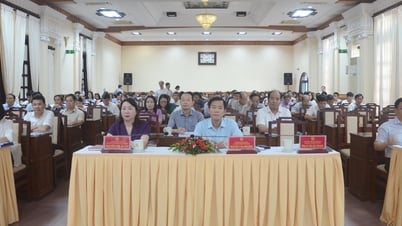


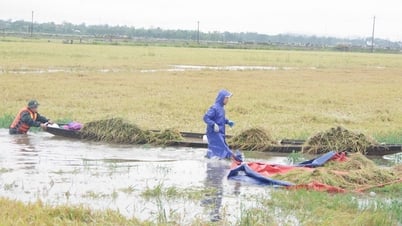


































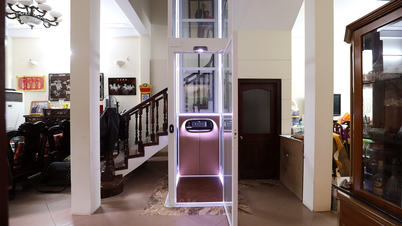
































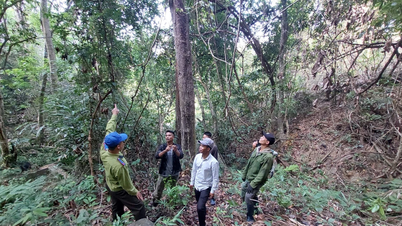

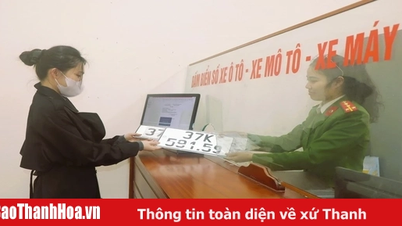











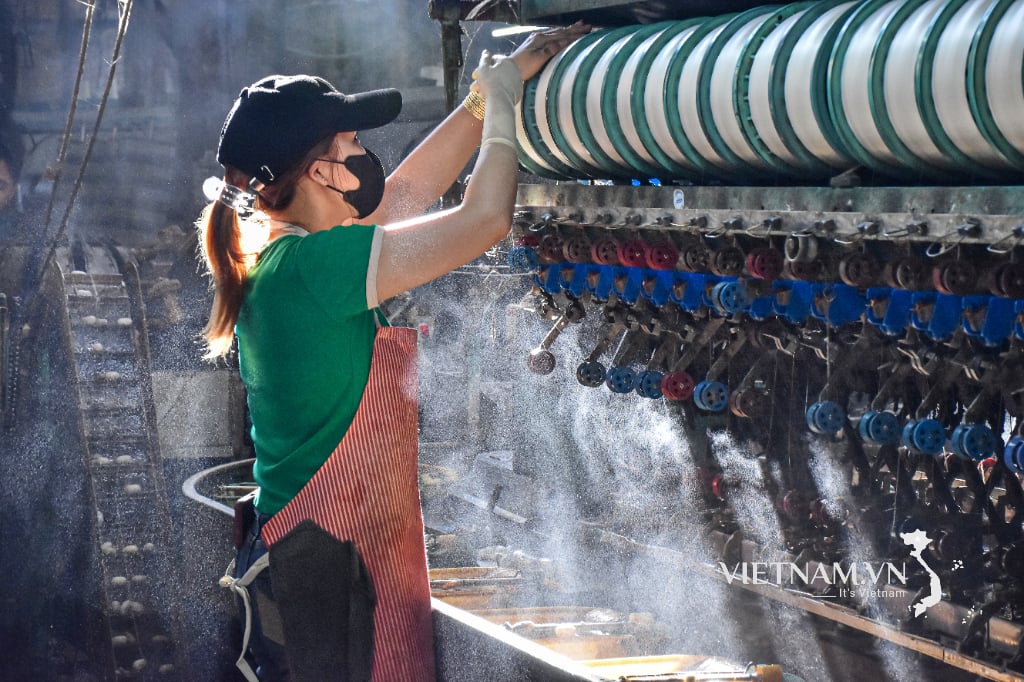


Comment (0)